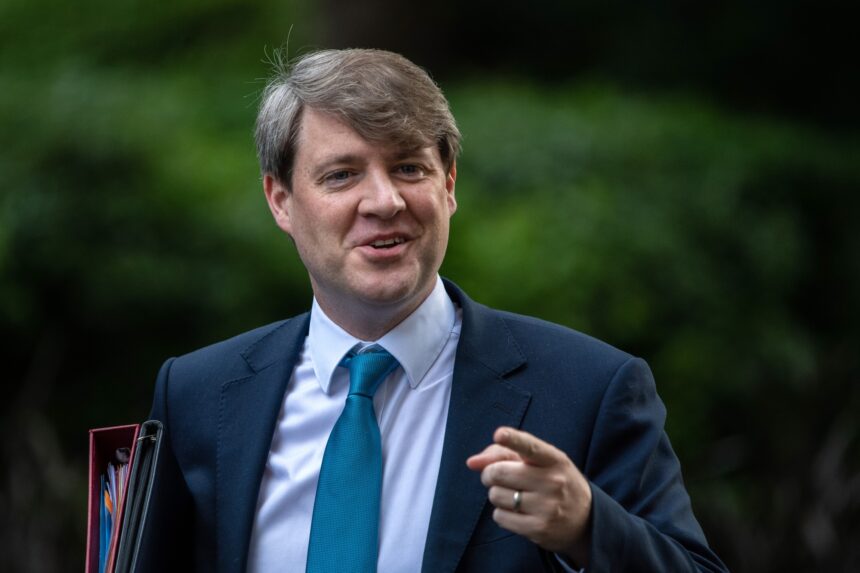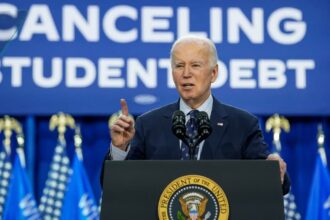According to experts, the next director of the Office of Students must manage a plan that would protect higher education.
Experts cautioned that the next head of the Office for Students (OfS) will need a supervised rescue plan in order to avoid a “domino effect” with several universities going under.
The new government’s Department of Education (DfE) declared its acceptance of the resignation of the controversial chair of the Office of Students (OfS), James Wharton, a former Tory MP who also ran the leadership of Boris Johnson’s campaign on Tuesday. Despite having no experience in higher education, Lord Wharton was appointed to run the independent regulator in 2021. He did not resign as the Tory whip in the Lord and was widely criticized for his undue closeness to the Conservative government.
Chris Skidmore, the former Tory energy minister who resigned from the government in January and has been publicly criticizing his party, was among the most surprising names on the list of potential replacements for Wharton.
Skidmore is respected in the sector; he was once the university minister. Other names were put forth to observers by a range of influential figures in higher education, including former DfE permanent secretary and the vice-chancellor of Sunderland University, David Bell.
According to recent reports from PricewaterhouseCoopers and the OfS, 40% of universities are expected to be in deficit. Experts noted this weekend that there has never been a more crucial time to have a powerful regulator with clearer priorities.
In 2023, Lords Industry and Regulators Committee reports harshly criticized the OfS for being influenced by the “ebb and flow of the short-term political priorities and the media headlines.” The OfS has intervened in Conservative pet causes, such as free speech and “low-value” courses. This is the most critical moment for the OfS, according to Prof. Steve West, vice-chancellor of the University of the West of England, who was a former president of Universities UK. It is a crucial duty to protect students and the reputation of UK higher education.
When West was on board, he stated that discussions about students’ protection at universities that appeared financially unstable were easier to handle because they are usually involved in one or two universities. He added, “The difference now is the sheer scale of what they are facing. If you’ve got a large number of institutions at risk and posting deficits, that is a far bigger systemic issue.”
A decline in international enrollment and a decade-long freeze in the £9,250 annual fees paid by UK students have forced over 50 universities to make job and budget cuts. According to estimates by the Russell Group, English universities will lose an average of £2,500 per student annually in 2022-2023, and if the policy remains unchanged, this figure will rise to £5000 per student annually by 2029-2030.
Nick Hillman, director of the Higher Education Policy Institute think tank, stated that ” when these many universities are projected to be in deficit, you can’t say, ‘This is a market, and some institutions will have to go,’ because there is a serious risk of a domino effect.”
He cautioned that lenders should “start calling in their debts left, right, and center” if one university went under. He added, “It was inevitable that Lord Wharton had to go. It was an extraordinary appointment for political reasons.”
Chris Millward, former director of fair access at the OfS and professor of practice in educational policy at Birmingham University, also stated that the regulator now had a crucial role to play in “not only forecasting risk but also managing it.”
According to a spokesperson for the DfE, the process of appointing an interim chair will be revealed in due course. Shelt stated, “It is important that we have a sustainable higher education funding system that provides opportunities, supports students, and maintains the world-leading status of our universities.”














